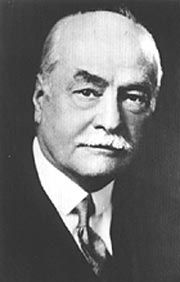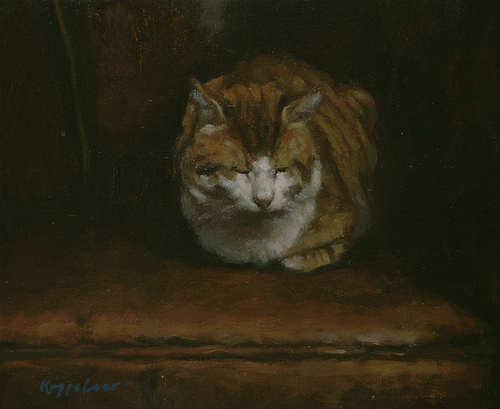O precious codex, volume, tome,
Book, writing, compilation, work,
Attend the while I pen a pome,
A jest, a jape, a quip, a quirk.
For I would pen, engross, indite,
Transcribe, set forth, compose, address,
Record, submit–yea, even write
An ode, an elegy to bless–
To bless, set store by, celebrate,
Approve, esteem, endow with soul,
Commend, acclaim, appreciate,
Immortalize, laud, praise, extol
Thy merit, goodness, value, worth,
Experience, utility–
O manna, honey, salt of earth,
I sing, I chant, I worship thee!
How could I manage, live, exist,
Obtain, produce, be real, prevail,
Be present in the flesh, subsist,
Have place, become, breathe or inhale
Without thy help, recruit, support,
Opitulation, furtherance,
Assistance, rescue, aid, resort,
Favour, sustention, and advance?
Alack! Alack! and well-a-day!
My case would then be dour and sad,
Likewise distressing, dismal, gray,
Pathetic, mournful, dreary, bad.
Though I could keep this up all day,
This lyric, elegiac, song,
Meseems hath come the time to say
Farewell! Adieu! Good-by! So long!
— Franklin P. Adams, collected in Carolyn Wells, The Book of Humorous Verse, 1920



